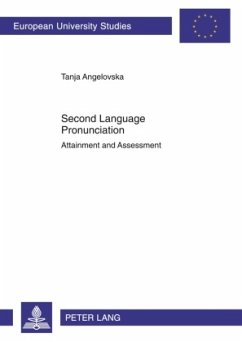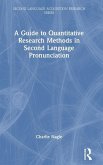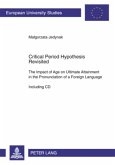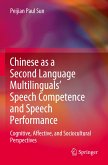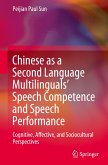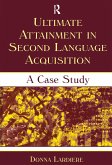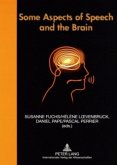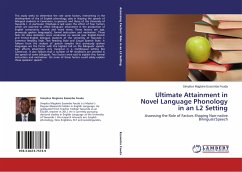Drawing upon theoretical and methodological paradigms from speech science and applied linguistics, this study advances our understanding of the factors that constrain attainment and assessment of second language pronunciation. Its innovative aspects are the inclusion of unexplored language combinations and the triangulation of several research instruments. Speech ratings by native speaker judges in combination with interviews suggest that assessment of second language pronunciation entails a broad spectrum of influences. The work contributes to the evidence against a simply construed critical period for phonological development and it reveals insights into the social relativity of accent. Thus, the myth, that the native speaker is a competent rater in all cases and always, is deconstructed.
Bitte wählen Sie Ihr Anliegen aus.
Rechnungen
Retourenschein anfordern
Bestellstatus
Storno

